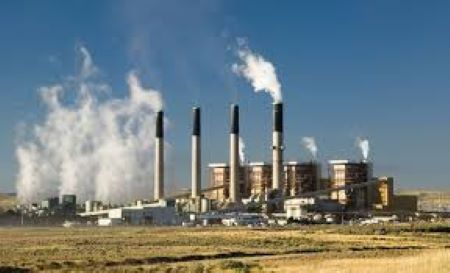ActionAid Nigeria on Thursday expressed concern over the Federal Government’s plan to implement a five per cent surcharge on fossil fuel transactions, as outlined in Section 158 of the newly gazetted Nigeria Tax Act.
The organisation stated its position in a statement issued in Abuja by its Country Director, Mr. Andrew Mamedu.
A surcharge is an additional charge, fee, or tax added to the cost of a good or service beyond the initially quoted price. Fossil fuel products — including petrol, diesel, and compressed natural gas (CNG) — are derived from the processing of fossil fuels such as coal, petroleum, and natural gas.
Mamedu warned that the introduction of the surcharge, expected to take effect in 2026, would worsen the living conditions of millions of Nigerians, especially low-income earners, women, youth, farmers, smallholder entrepreneurs, and informal sector workers.
He noted that countries with similar tax regimes often provide viable and accessible clean energy alternatives, which are largely unavailable or unaffordable in Nigeria.
“Imposing a surcharge in a country without functional clean energy alternatives or affordable transport systems is unjust and out of touch with the lived realities of ordinary Nigerians,” Mamedu said.
He also raised concerns about the lack of transparency regarding the proposed use of the surcharge revenue.
“There is no clarity on how the funds generated from the surcharge will be managed or used to address the economic realities of the masses.
Past experiences, such as with the Petroleum Trust Fund (PTF), have shown that without strong accountability mechanisms, such funds can be easily mismanaged or diverted.
Without a robust and transparent accountability framework, such surcharges risk becoming additional burdens on the people rather than solutions to development financing,” he added.
Mamedu cautioned against implementing policies that disproportionately affect the poor and small businesses, urging the government to provide cushioning measures and ensure transparency.
He recalled that the removal of fuel subsidy in 2023, coupled with the floating of the naira, triggered one of the most severe inflationary periods in recent history.
“Nigerians are yet to recover from that economic shock,” he said.
While acknowledging the need for innovative revenue strategies in the face of dwindling government income, Mamedu commended the push for a transition to greener energy alternatives. However, he argued that excluding clean fuels like kerosene, LPG, and CNG from the surcharge does not reflect the reality of most Nigerians.
“Most small and medium-sized enterprises (SMEs) still rely heavily on petrol and diesel to power their operations due to inadequate electricity supply and lack of affordable alternatives.
Similarly, many Nigerians still depend on fuel-powered transportation systems.
A five per cent surcharge will lead to an increase in the pump price of fuel, which will directly translate to higher transportation costs.
This ripple effect will be felt in every corner of the economy — from increased food prices due to costlier logistics to rising costs in education, healthcare, and housing.
Urban and poor rural communities will bear the brunt of these cascading effects,” he said.


